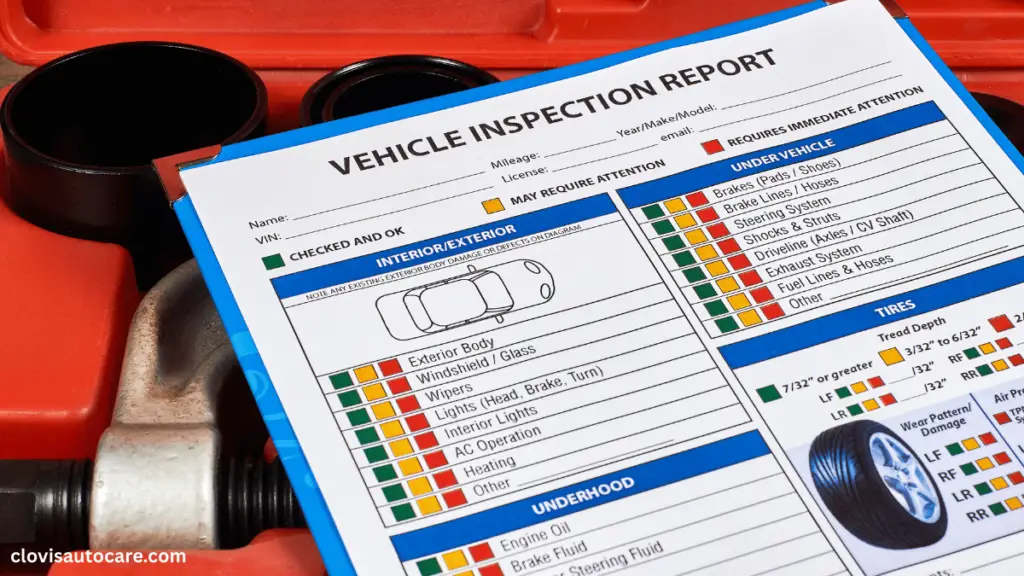
Key Takeaways
| topic | key information |
|---|---|
| Purpose | Ensures vehicle safety and compliance with regulations, and identifies potential issues early |
| Types | Safety, emissions, pre-purchase, multi-point, and state-mandated inspections |
| Frequency | Varies by state; typically annual or biennial |
| Benefits | Reduces accident risk, saves money on repairs, ensures legal compliance |
| Cost Impact | Regular inspections can prevent costly repairs; average inspection costs $20-$100 |
Contents
Some people treat their vehicle like a microwave. Use them until they break down, says Mike Matson, owner and manager of Matson Auto & Marine.
But have you ever wondered why some cars glide smoothly, while others shudder and stop? Regular car inspections are the secret: they are like a health checkup for your vehicle.
Helping you catch small issues before they turn into roadside disasters. Let’s explore what these inspections are all about and why they are crucial for every driver.
we are talking about checking everything from the engine to the tires to keep your ride smooth
In this beginner’s guide, we’ll explore what car inspections entail, why they matter, and how they can save money and protect lives.
what is car inspection
Car inspection refers to a thorough check of your vehicle’s key parts to verify they’re safe and working properly; it’s conducted by certified professionals to evaluate a car’s roadworthiness.
Why Car Inspections Matter
Vehicle inspections play a crucial role in identifying and addressing component failures that could lead to accidents or dangers.
According to the National Highway Traffic Safety Administration (NHTSA), 35% of motor vehicle crashes are linked to vehicle component failures, with tires and wheels being the most common culprits.
Brake-related issues account for another 22% of defect-related crashes.
Even though certain countries don’t make it mandatory, it’s still nice to catch those little issues just in time to avoid the consequences ahead, like costly repairs.
Here’s why inspections are crucial:
Safety Benefits
- Identifies potential safety hazards before they cause accidents
- Ensures critical components like brakes and tires are functioning properly
- Reduces the risk of breakdowns on the road
Financial Benefits
- Catches minor issues before they become major repairs
- Helps maintain your vehicle’s value
- Can improve fuel efficiency through proper maintenance
Legal Compliance
- Meets state requirements for vehicle registration
- Ensures compliance with emissions standards
- Provides documentation for insurance purposes
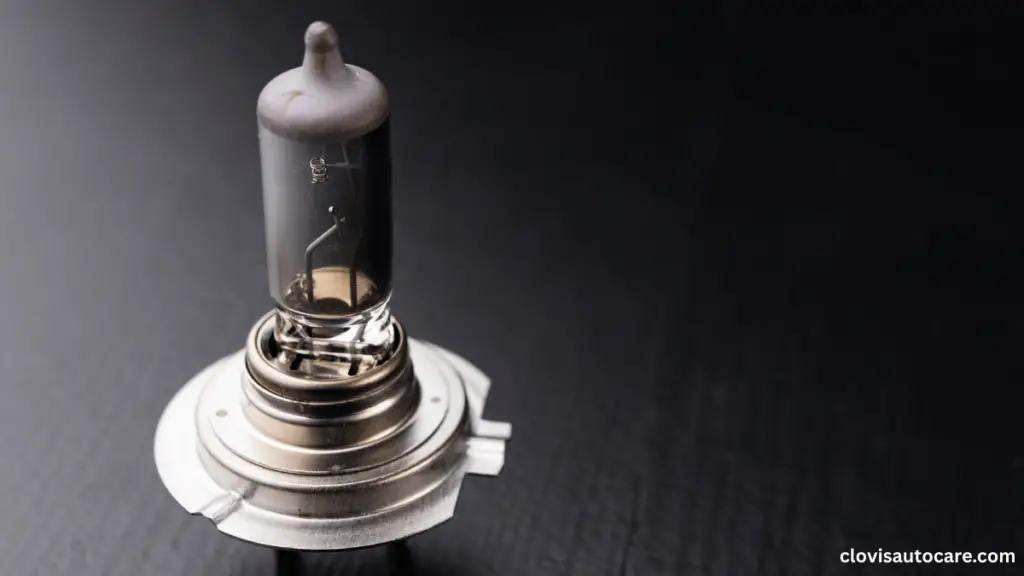
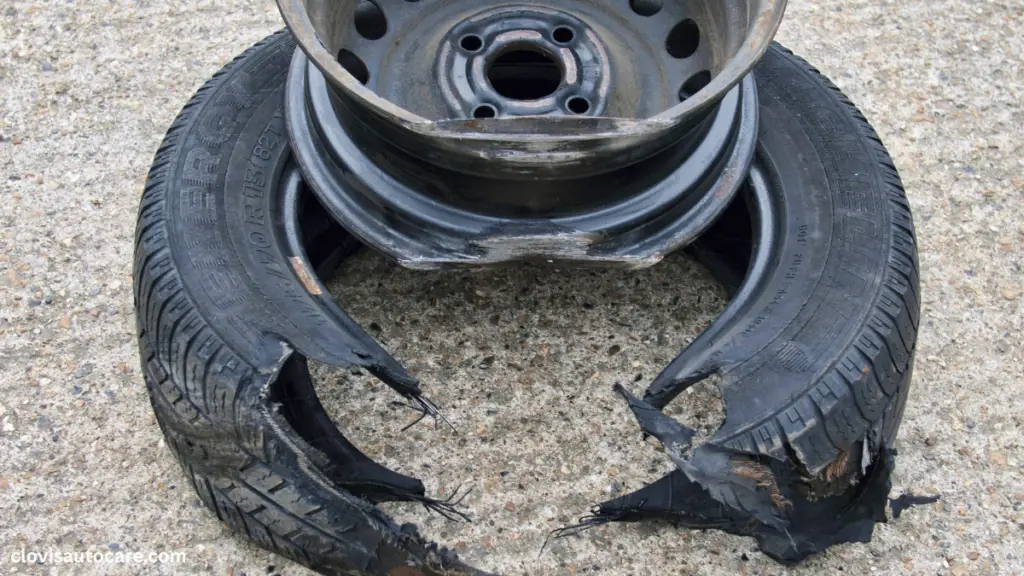
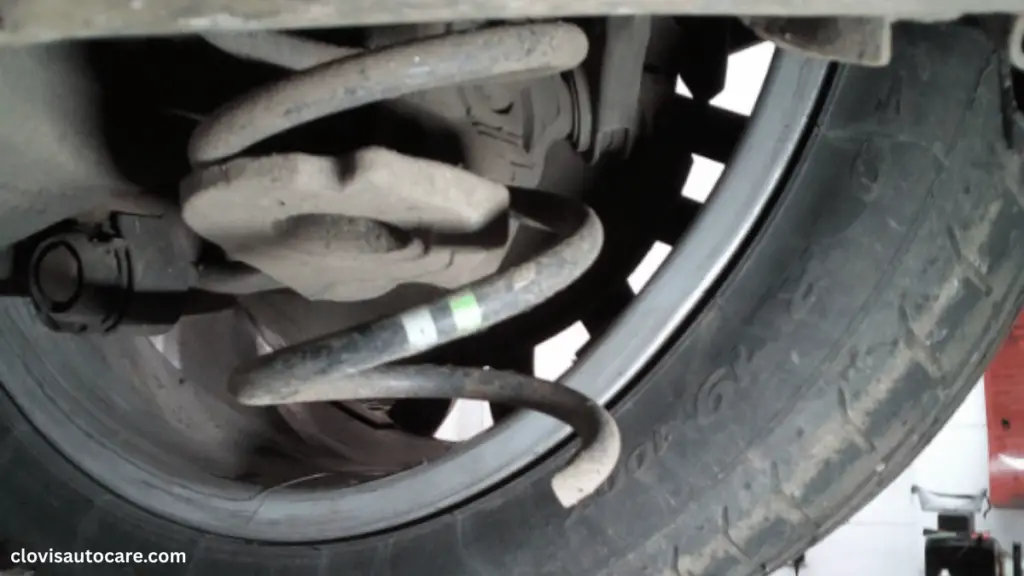
Types of Car Inspections
There are three types of vehicle inspections—a courtesy inspection, an insurance inspection, and a 12-point inspection.
Below are the sections in which the different types of car inspections focus.
1. Safety Inspections
These focus on components critical to safe vehicle operation:
- Brakes
- Steering
- Lights
- Tires
- Windshield and wipers
- Safety equipment (seat belts, airbags)
2. Emissions Inspections
Required in many states to control air pollution:
- Exhaust system check
- Emissions control systems
- Engine performance evaluation
3. Pre-Purchase Inspections
Essential when buying a used car:
- Comprehensive vehicle evaluation
- Identification of potential issues
- Negotiation leverage for repairs
4. Multi-Point Inspections
Detailed evaluations covering:
- Fluid levels
- Filters
- Belts and hoses
- Battery condition
- Suspension components
5. State-Mandated Inspections
Requirements vary by state, but typically include
- Safety checks
- Emissions testing (in certain areas)
- Documentation verification
When to Get Your Car Inspected
A car inspection is often necessary in several situations. For instance, when buying a used car, regulations usually require verification of its condition.
For registration renewal or ownership transfer, periodic inspections might also be required.
Furthermore, comprehensive car insurance policies might include inspection requirements.
Insurance providers may require a car inspection before allowing the purchase of a policy in certain cases.
Regular Inspection Schedule
- Annual safety inspections (varies by state)
- Emissions tests (typically every 1-2 years)
- Manufacturer-recommended maintenance intervals
Special Circumstances
- Before purchasing a used vehicle
- After an accident
- When unusual symptoms appear
- Before long trips
The Inspection Process
For basic safety checks, budget $15–$50 for a mechanic to inspect critical components like headlights, fluids, and tire treads.
For hidden issues (e.g., frame rust, engine codes), invest $100–$300 in a pre-purchase inspection—it’s cheaper than a $2,000 repair later.
What to Expect
- Documentation Review
- Vehicle registration
- Insurance information
- Previous inspection records
- Visual Inspection
- External lights
- Tire condition
- Body damage
- Glass condition
- Mechanical Inspection
- Brake system
- Steering components
- Suspension parts
- Engine performance
- undercarriage status
- Systems Testing
- Emissions check
- Safety features
- Electronic systems
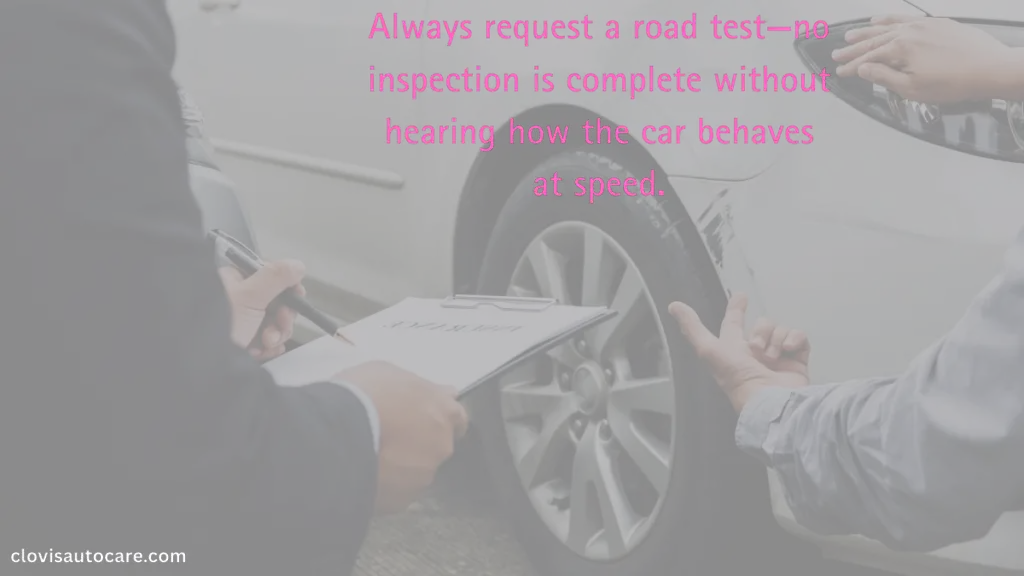
Common Inspection Failures
Understanding common failures can help you prepare your vehicle:
Most Frequent Issues
- Worn brake components
- Faulty lights
- Damaged windshield
- Tire wear
- Emissions system problems
Prevention Tips
- Regular maintenance
- Addressing warning lights promptly
- Following manufacturer guidelines
- Keeping service records
Expert Tips for Passing Inspections
- Pre-Inspection Check
- Test all lights
- Check tire pressure
- Clean windshield and windows
- Ensure all fluids are topped up
- Documentation Preparation
- Gather required paperwork
- Have maintenance records ready
- Bring current registration and insurance
- Timing Considerations
- Schedule inspection before registration expires
- Allow time for potential repairs
- Choose a reputable inspection station
conclusion
Car inspections are not just a legal formality—they’re a lifeline for your vehicle’s safety, reliability, and your peace of mind.
Whether you’re budgeting $15 for a basic check of critical components or investing $100+ for a deep dive into hidden flaws, these proactive steps can save you thousands in repairs and protect you from avoidable accidents
FAQs
How much does a car inspection cost?
Costs vary by location and type, typically ranging from $20 to $100.
What happens if my car fails inspection?
You’ll receive a report of failed items and usually have a grace period to make repairs.
Are car inspections mandatory everywhere?
Requirements vary by state. Some states require annual inspections, while others have no requirements.
How long does an inspection take?
A basic inspection usually takes 30-60 minutes, while comprehensive inspections may take longer.
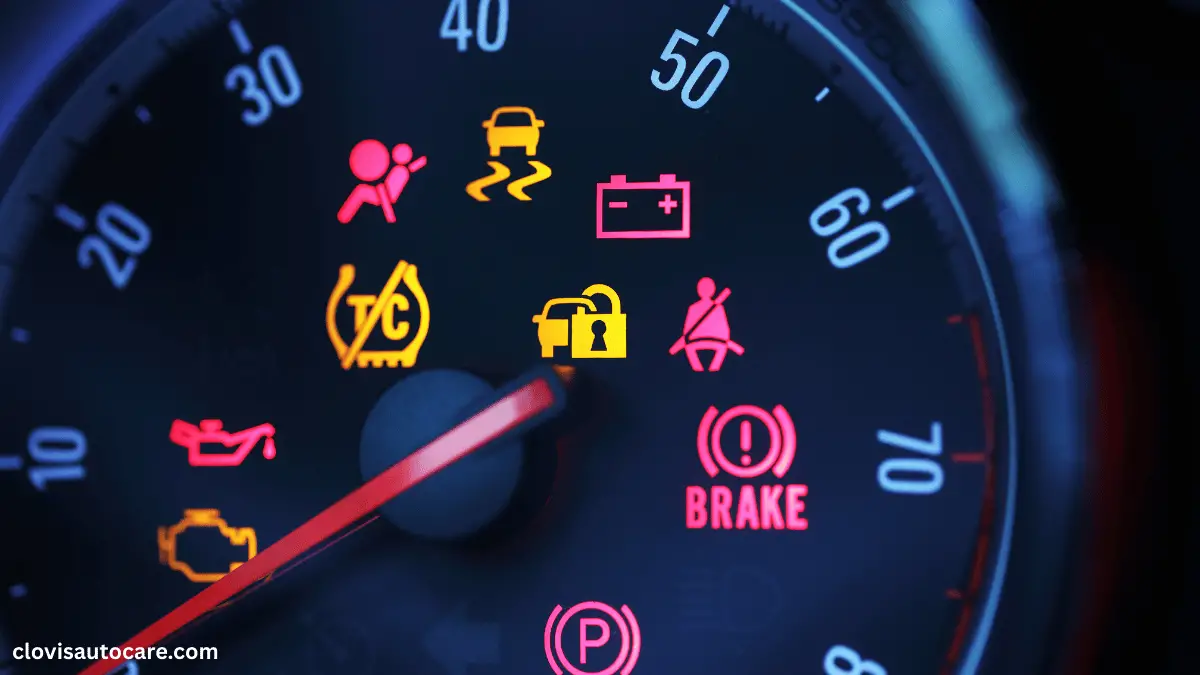
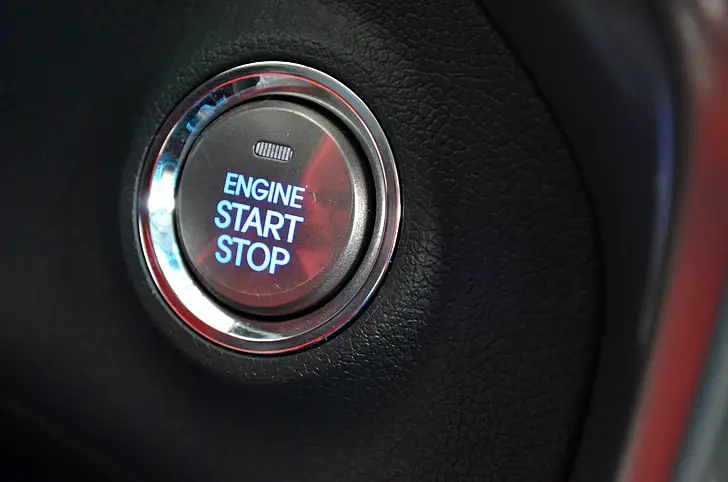
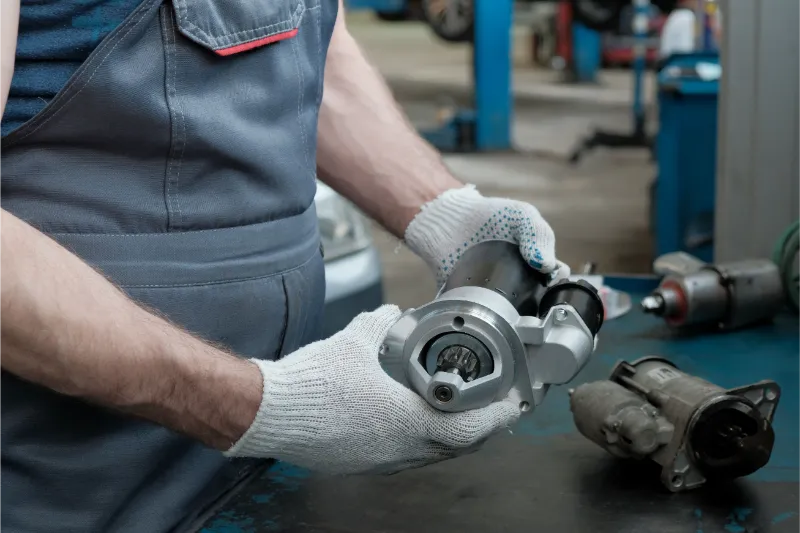
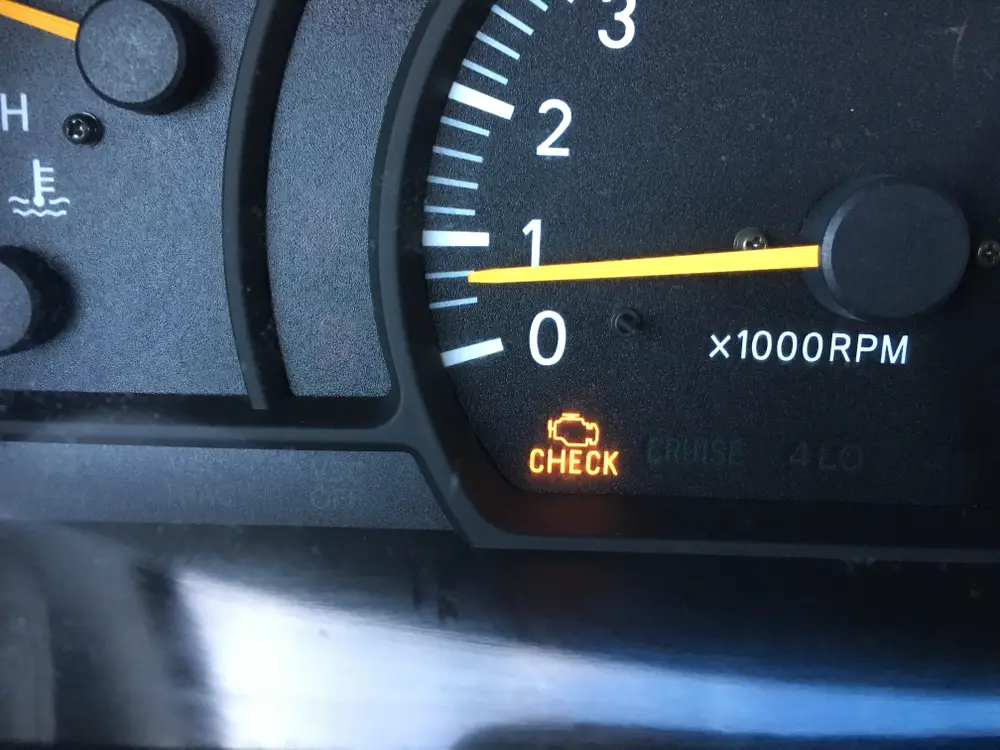
Leave a Reply